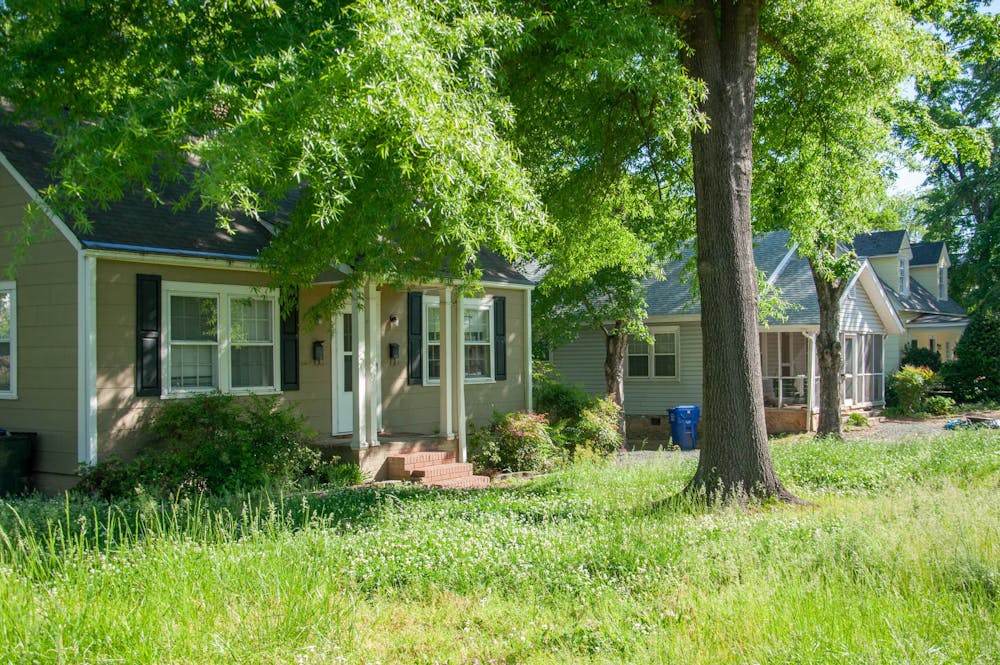The Northside community, along with the Tin Top, Pine Knolls and rural northern Orange County neighborhoods have seen an increase in their property valuations, raising concerns among community members about gentrification.
Every eight years, Orange County revalues homes. These property values are used to determine how much homeowners pay in property taxes. Carrboro Town Council member Susan Romaine said as the appraised values of the homes increase, the long-time residents are faced with higher tax bills.
"In some cases, those property taxes get so high that they can’t afford to live in the neighborhood any longer," Romaine said. "It’s a perfect example of gentrification.”
Many in Northside who have felt the effects of this increase have lived in the community for generations.
"The values of the homes of the long-term residents are being compared to the sales price of some of the homes that were snatched up by investors at prices that are much higher,” Romaine said.
The incoming investors and the selling of homes at a higher price than their value complicates the appraising process, Hudson Vaughan, co-founder of the Marian Cheek Jackson Center, said. Vaughan leads the Northside Neighbor Initiative's acquisition team, where he has reviewed comparative market analysis and appraisals for hundreds of properties.
Vaughan said in most neighborhoods, the appraisals are based on the size of the houses and other features. He said typically when appraising a subdivision, a block built in 1990 was separated into a different neighborhood than a block built in 2010, so they do not compare 1990 houses to 2010 houses.
However, Vaughan said Northside houses that are not permitted anymore, such as duplexes, are being actively compared to small residential homes leading to an inaccurate assessment of the neighborhood as a whole. The appraisal process takes the most expensive and the cheapest homes and attempts to create a median value on which all properties can be judged.
He said because of this technique, a 677 square foot home built in 1952 is valued at $537,200, which is a price comparable to a 3,534 square foot home built in 1986 that is valued at $535,700. These homes are both found in the same neighborhood.



